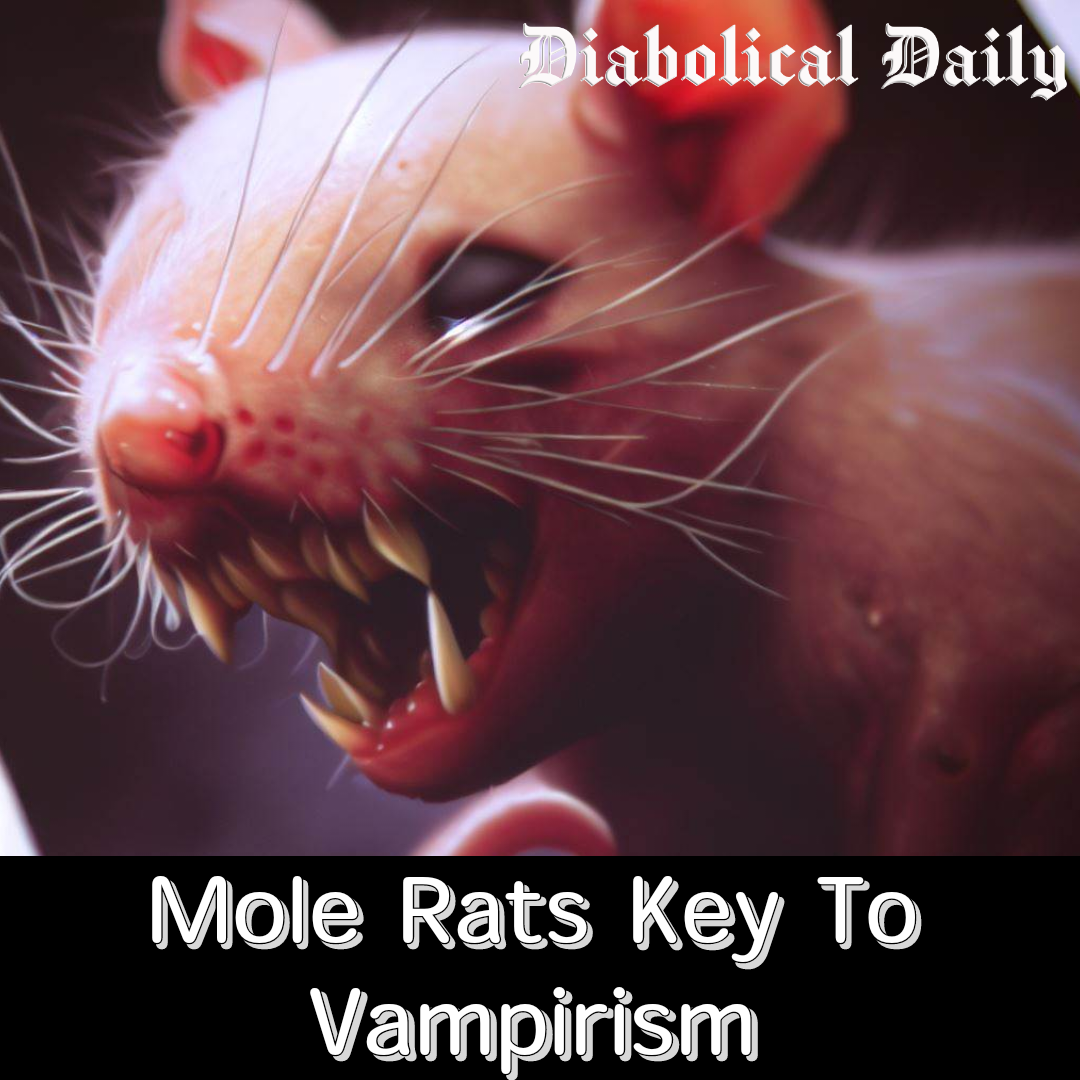In a stunning breakthrough, researchers at the University of Rochester have successfully transferred a gene that makes naked mole rats live longer and resist diseases to mice, resulting in improved health and lifespan for the rodents. The gene, which produces high molecular weight hyaluronic acid (HMW-HA), is believed to be one of the secrets behind the remarkable longevity and cancer resistance of naked mole rats, which can live up to 41 years, nearly ten times as long as similar-sized rodents¹.
The researchers hope that by introducing the gene to mice, they can unlock the potential of HMW-HA for human applications, such as anti-aging therapies and treatments for age-related diseases. “Our study provides a proof of principle that unique longevity mechanisms that evolved in long-lived mammalian species can be exported to improve the lifespans of other mammals,” says Vera Gorbunova, the lead author of the study¹.
However, some critics have raised ethical concerns about the implications of the gene transfer, arguing that it could lead to unintended consequences for humans and society. For instance, some fear that by enhancing our cellular repair and protection mechanisms, we could inadvertently become more like vampires, who are known for their immortality and bloodlust.
“Vampires are not just fictional creatures, they are based on real biological phenomena,” says Dr. Van Helsing, a renowned expert on vampirism and paranormal phenomena. “There are many examples of animals and plants that can survive extreme conditions and regenerate their tissues, such as tardigrades, planarians, and hydras. These organisms have evolved mechanisms that allow them to maintain their youthfulness and vitality, but at a cost. They often have to consume large amounts of energy or resources, such as blood, to sustain their metabolism and growth.”
Dr. Helsing warns that by transferring the longevity gene from naked mole rats to mice, and potentially to humans, we could be opening a Pandora’s box of unforeseen problems. “Naked mole rats are not normal animals. They live in underground colonies with a strict social hierarchy, where only the queen reproduces and the workers serve her. They have adapted to harsh environments with low oxygen and high carbon dioxide levels. They have reduced pain sensitivity and thermoregulation. They are essentially living fossils that have retained primitive features from their ancestors². By introducing their gene into our genome, we could be altering our own physiology and behavior in unpredictable ways. We could be losing our humanity and becoming more like vampires.”
Dr. Helsing suggests that instead of pursuing the elusive goal of immortality, we should focus on improving our quality of life and well-being as we age. “Aging is not a disease, it is a natural process that has shaped our evolution and culture. It is not something to be feared or avoided, but rather embraced and celebrated. We should not try to cheat death by becoming vampires, but rather live fully and meaningfully as humans.”
(1) New Breakthrough Paves the Way for Extending Human Lifespan …. https://scitechdaily.com/new-breakthrough-paves-the-way-for-extending-human-lifespan-scientists-successfully-transfer-longevity-gene/.
(2) New Breakthrough Paves the Way for Extending Human Lifespan …. https://lifeboat.com/blog/2023/08/new-breakthrough-paves-the-way-for-extending-human-lifespan-scientists-successfully-transfer-longevity-gene.
